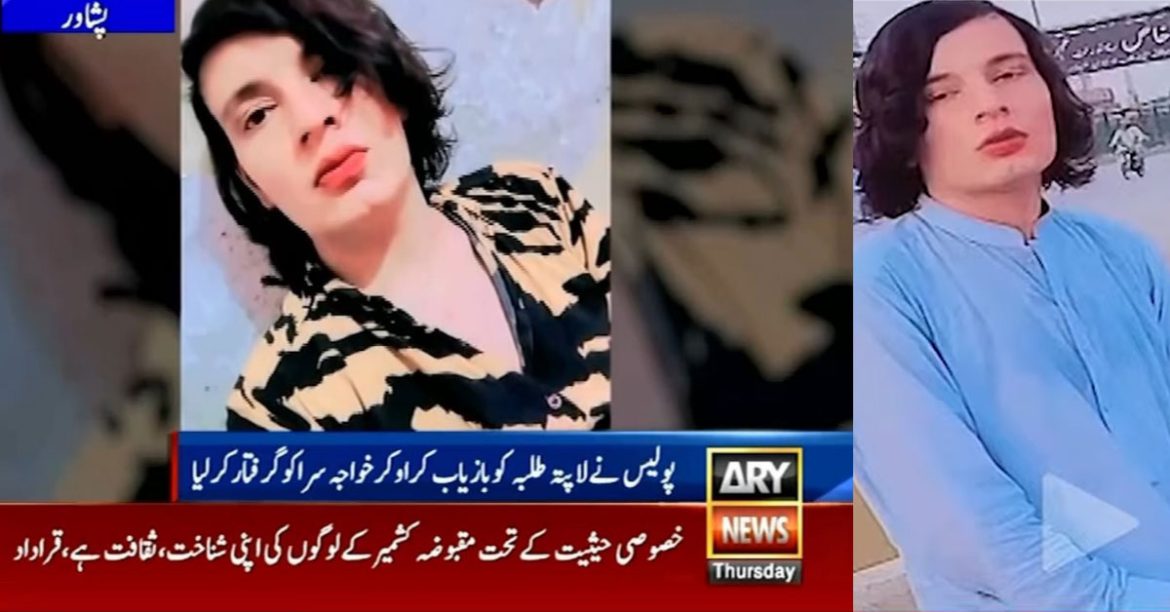- A highly educated male transgender befriended a madrassa student online and allegedly intended to marry her; she later went missing and was found staying with him after police tracked a suspect vehicle through CCTV footage.
- Upon his arrest, the transgender claimed he wanted to marry her, and both had communicated their mutual desire for marriage over social media. The police released the girl and continued to interrogate the suspect while ordering a health check due to her prolonged stay with him.
- Islamic jurisprudence provides nuanced discussions on marriage involving trans, recognizing their marriage rights when aligned with their gender identity, with perspectives from traditional and contemporary scholars highlighting inclusivity and compassion in Islamic bioethics.
According to ARY News, an alleged transgender befriended a madrassa student online and tried to trap her for marriage. The girl was reported missing after she left for the madrassa but didn’t return.
After police officials tracked down the CCTV footage, they encountered a Suzuki, eventually leading them to the culprit. According to the report by the police, the male trans is a nurse by profession and is highly educated.
When he was arrested, he told the police he wanted to marry the girl, she was eventually released by the police, whereas the interrogation against the alleged transgender is still on the way. The girl told the police they were communicating over social media and text messages, and that she also wanted to marry him.
As per the police, the girl was staying with him for many days, which is why they ordered a physical health check as well.
Also Read:
British Woman Who Married Her Pakistani Uncle Faces Death by Stoning Under Shariah Law
The topic of marriage involving male transgenders in Islam is nuanced, and while there are no explicit mentions of them in the Qur’an or Hadith regarding marriage directly, Islamic jurisprudence guides the matter. Here are some references and scholarly opinions that shed light on this subject:
- Islamic Jurisprudence Texts (Fiqh): Scholars within the four main Sunni schools of Islamic law (Hanafi, Maliki, Shafi’i, and Hanbali) often discuss intersex and trans individuals in the context of marriage, primarily under the category of khuntha (intersex) or mukhannath (effeminate men or trans). Scholars such as Imam al-Ghazali in “Ihya’ Ulum al-Din” and others provide guidelines on intersex individuals marrying, supporting the view that they are permissible marriage partners based on their gender identity and societal role as men or women.
- Contemporary Islamic Jurisprudence Sources: Scholars today continue to interpret traditional rulings and provide modern applications. Fatwa sites, such as IslamQA, often address questions about intersex individuals’ rights, including marriage, recognizing them as legitimate partners based on gender identity rather than physical characteristics.
- Classical Islamic Sources on Gender Identity and Marriage: The Fiqh texts of Ibn Qudamah’s Al-Mughni and Al-Nawawi’s Al-Majmu’ discuss gender determination and marriage permissibility for individuals who may not fit conventional male or female biological roles, especially in cases of khuntha mushkil (ambiguous intersex) or mukhannath. These rulings imply that marriage is permissible if the gender role aligns with the marriage partner.
- Contemporary Islamic Bioethics: In discussions on Islamic bioethics, particularly by scholars such as Dr. Aasim Padela and Dr. Mohammad Fadel, there is an acknowledgment that Islam emphasizes compassion and flexibility within marriage, especially when physical or biological differences exist. Ethical discussions on marriage rights for intersex individuals suggest a broad framework allowing marriage for those who identify with a specific gender role.
Stay tuned to WOW360.
